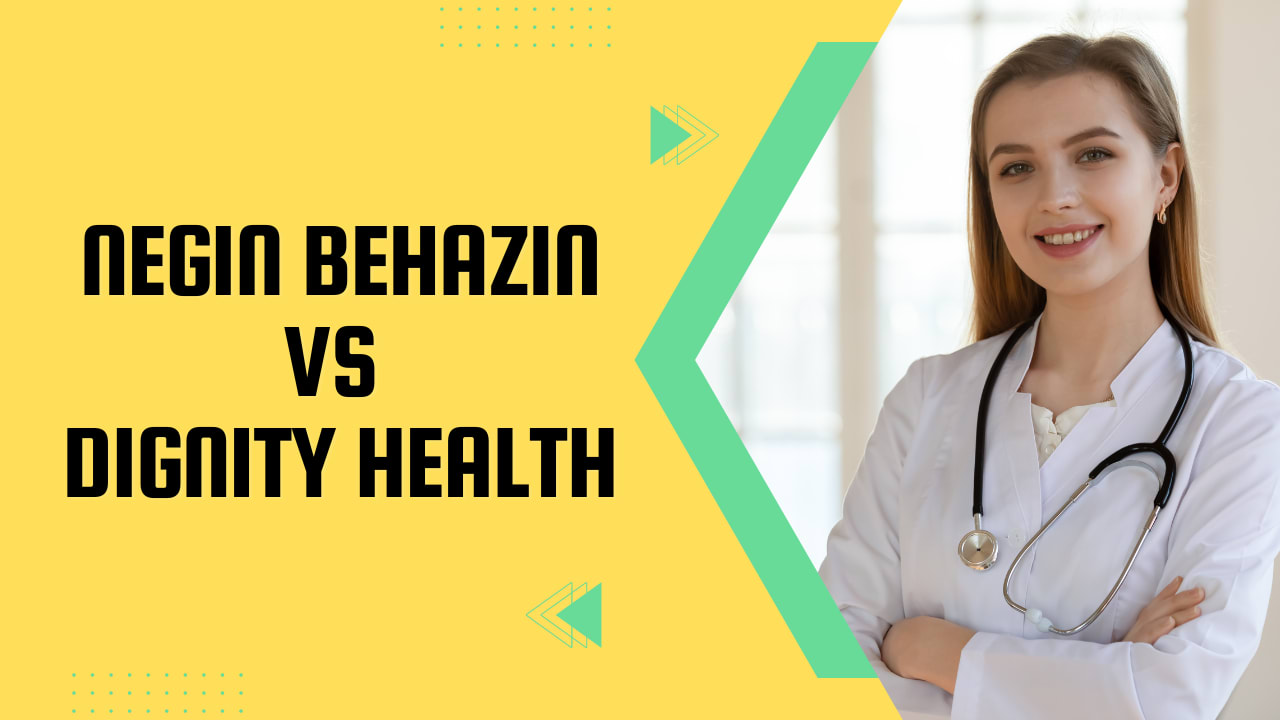Most Common Health Issues
Health is a very important aspect of life. It is the foundation of everything we do and the basis for our daily decisions. The first thing that people think about when they hear the word “health” is that it is a good thing. However, this is not always the case. There are many things that can go wrong with our health. They range from minor problems to severe ones. Some of these problems can be controlled by ourselves, while others require the help of a doctor or a medical professional.
Health issues can be very annoying and stressful to both men and women. The worst thing is when you get an illness and have to spend money on medicines and other medical treatments. The best thing you can do is to be prepared for such problems and know how to deal with them. In this article, we will discuss the common health issues in men and women.
Most Common Health Issues in men’s and women
Health Issues are important for everyone. Especially for women and men who wish to have children. However, some people develop a specific medical problem that can severely damage their reproductive system.
Men and women have different health issues and concerns. Some common health issues that men and women face include:
• Cancer
• Diabetes
• High blood pressure
• Heart disease
• Arthritis
• Depression
• Back pain
• Migraines
• Digestive issues
• Headaches
• Anxiety
• Sexually transmitted diseases
Health conditions that are common in men and women include:
1) Hypertension (High blood pressure)
You need to know your blood pressure reading. If you have hypertension, you may feel tired, have headaches, blurred vision, chest pains, rapid heartbeat, shortness of breath, or nausea.
2) Asthma
If you have asthma, you may experience a cough, wheezing, tightness in your chest, chest pain, difficulty breathing, or a tight feeling around your throat.
3) Sleep Apnea
You have sleep apnea when you stop breathing repeatedly during sleep. This may happen once a night or as many as 15 times per night. It may cause heart palpitations, chest pain, fainting, loss of consciousness, snoring, and excessive daytime sleepiness.
4) Chronic Obstructive Pulmonary Disease
If you have COPD, you may experience chronic cough, sputum production, shortness of breath, wheezing, and tightness in your chest.
5) Hypercholesterolemia (High cholesterol)
If you have high cholesterol, you may experience clogged arteries, chest pains, shortness of breath, leg cramps, swelling of the hands and feet, fatigue, memory problems, backaches, migraines, irregular heartbeat, and constipation.
6) Coronary Artery Disease
If you have CAD, you may experience chest pain, tightness in your chest, fainting, weakness, numbness in your fingers or toes, shortness of breath, sweating, and loss of appetite.
7) Cardiomyopathy
You have cardiomyopathy if you have abnormal heart muscle or an abnormal heartbeat. This may cause chest pains, dizziness, fatigue, frequent palpitations, shortness of breath, rapid heartbeat, lightheadedness, weakness, or fainting.
8) Diabetic Neuropathy
Diabetic neuropathy can cause tingling, numbness, pain, and weakness. It is caused when the nerves do not send messages correctly to the body, causing a lack of sensation and movement.
9) Migraine Headaches
Migraines are common, painful, and debilitating. They are characterized by throbbing pain in one or both temples, nausea, vomiting, sensitivity to sound and light and sensitivity to smells.
10) Obesity
According to the American Journal of Public Health, in 2013, 35.7% of adults were obese and another 33.8% were overweight. And according to a report from the Centers for Disease Control and Prevention, a total of 1.9 million deaths were caused by obesity in 2012.
Obesity affects your health by making you more vulnerable to chronic diseases like cardiovascular disease, diabetes, osteoarthritis, and certain types of cancer.
Also Read. Secret things your android phone can do
11) Diarrhea
While diarrhea is a symptom of a number of different medical conditions, it also can be a sign of dehydration. You should drink plenty of water during your day to stay hydrated and flush out any toxins that may be causing your diarrhea.
12) Headaches
It is estimated that about 1 in every 5 people suffers from migraines, and they can affect everyone at any age. Many people have headaches for no reason. A simple migraine does not need to ruin your whole day, though. A good night’s sleep can help you recover.
13) Heartburn
Heartburn occurs when your stomach acid travels up into your esophagus and causes a burning sensation. When you eat a big meal or drink alcohol, you can increase the chance of getting heartburn.
To prevent heartburn, try to avoid large meals, limit alcohol and avoid spicy or acidic foods.
14) High Blood Pressure
High blood pressure (hypertension) is a major risk factor for heart disease and stroke, and it is the leading cause of death in the United States.
Symptoms of high blood pressure include headaches, nausea, fatigue, dizziness, and fainting, and can be found in both men and women.
15) High Cholesterol
Cholesterol, or high-density lipoprotein (HDL), is a type of fat that your body needs to function normally. It is also a main component of blood.
High cholesterol is associated with coronary heart disease, which is the number one killer in the United States. High cholesterol can be treated with dietary changes and medication.
16) Impaired Vision
In a study conducted by the Centers for Disease Control and Prevention, about 18 percent of adults reported that their vision was fair or poor. That’s about 47.5 million adults in the United States.
Some tips for getting healthy and fit
Our immune system is the greatest defense mechanism of our bodies. It protects us from all the diseases that might attack us. We need to maintain an excellent immune system. There are some foods that can help us to improve our immune systems. For example, garlic has been known to be beneficial to our immune system. We can eat it fresh or use it in cooking.
Everyone wants to be healthy. We should try to stay away from illness. The best way to do that is to take vitamins. Taking vitamins will ensure that you don’t get sick. There are a lot of vitamins available. Vitamin A, B, C, D, E, F, G, H, K, and many others. These are all found in fruits and vegetables. You don’t have to eat these foods every day. Just eating one or two servings each day will suffice. It is good to eat several different types of fruits and vegetables.
Conclusion!
In conclusion, most health issues in both men and women stem from the wrong diet. Women tend to eat more sweets than vegetables, and men tend to eat more red meat than fruit. Women also eat more eggs and cheese, while men tend to eat more meat and sugar. A good diet includes lots of vegetables and fruit, but also protein, carbs, and fats.
That’s why I recommend a healthy Mediterranean diet for optimal health. Learn more about it in my new book, The Mediterranean Diet Quick Start Guide. This book includes many healthy recipes that you can easily incorporate into your everyday diet. So, let’s get started!

 Business1 year ago
Business1 year ago
 Tips & Tricks2 years ago
Tips & Tricks2 years ago
 Law1 year ago
Law1 year ago
 Technology2 years ago
Technology2 years ago
 Business2 years ago
Business2 years ago
 Lifestyle1 year ago
Lifestyle1 year ago
 Tech1 year ago
Tech1 year ago
 Business1 year ago
Business1 year ago







